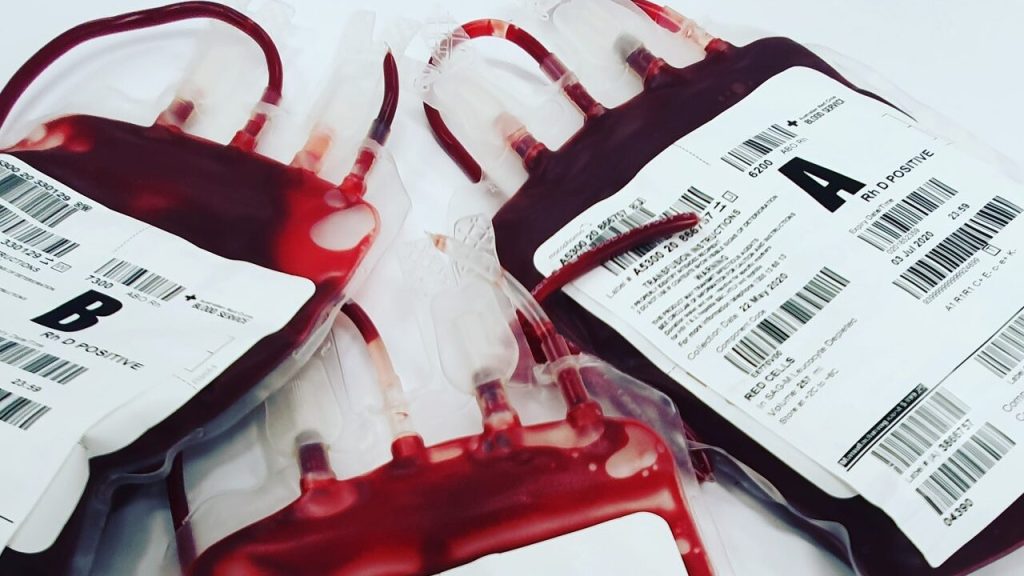Global Trial Confirms Benefit of Antacids on Bleeding Prevention for Ventilated Patients

A widely available drug helps prevent upper gastrointestinal bleeding in critically ill adults on a breathing machine, according to the results of a global study and meta-analysis led by researchers at McMaster University.
The research, published on June 14, 2024 in The New England Journal of Medicine and NEJM Evidence, investigated the effect of the gastric acid suppressant pantoprazole, which is primarily used to treat heartburn caused by gastroesophageal reflux disease (GERD).
Patients in the intensive care unit (ICU) who need a breathing machine (mechanical ventilator) also receive pantoprazole to prevent upper gastrointestinal bleeding, caused by stress-induced ulcers in the stomach. Concerns emerged about whether this complication of critical illness had disappeared over the years, and about side effects of pantoprazole, including increased risk of death in the sickest patients. The research provides critical care teams with certainty about whether the medications should be used in practice.
“This is the largest randomized trial on this topic in the world, led by Canada. Physicians, nurses, and pharmacists working in the ICU setting will use this information in practice right away, and the trial results and the updated meta-analysis will be incorporated into international practice guidelines,” said lead author and principal investigator Deborah Cook, a professor in the Department of Medicine at McMaster.
Global randomized control trial
The Reevaluating the Inhibition of Stress Erosions (REVISE) Trial was a randomised control trial that compared the effect of pantoprazole to placebo in critically ill adults on a breathing machine. The trial was run in 68 centres in eight countries and over 4800 patients underwent randomization. Among patients undergoing invasive ventilation, pantoprazole resulted in a significantly lower risk of clinically important upper gastrointestinal bleeding than placebo but not in a lower risk of death.
Clinically important upper gastrointestinal bleeding occurred in 25 of 2417 patients (one per cent) receiving pantoprazole and in 84 of 2404 patients (nearly four per cent) receiving placebo. At 90 days, death was reported in 696 of 2390 patients (29 per cent) in the pantoprazole group and in 734 of 2379 patients (30 per cent) in the placebo group.
Updated systematic review
Researchers conducted a meta-analysis of 12 randomised trials of proton-pump inhibitors for GI bleeding prevention in 10 000 critically ill patients to summarise the current evidence on the outcomes of gastrointestinal bleeding, mortality, pneumonia and C. difficile infection.
The medications were associated with a reduced incidence of clinically important upper gastrointestinal bleeding and may have little or no effect on mortality. The evidence also showed the medications may have no effect on pneumonia and little or no effect on C. difficile infection.
The research was funded by the Canadian Institutes for Health Research, the Accelerating Clinical Trials Fund, Physicians Services Incorporated of Ontario, Hamilton Association of Health Sciences Organization, and the National Health Medical Research Council of Australia.
The original text of this story is licensed under a Creative Commons Attribution-No Derivs 2.5 Canada (CC BY-ND 2.5 CA).
Source: McMaster University




